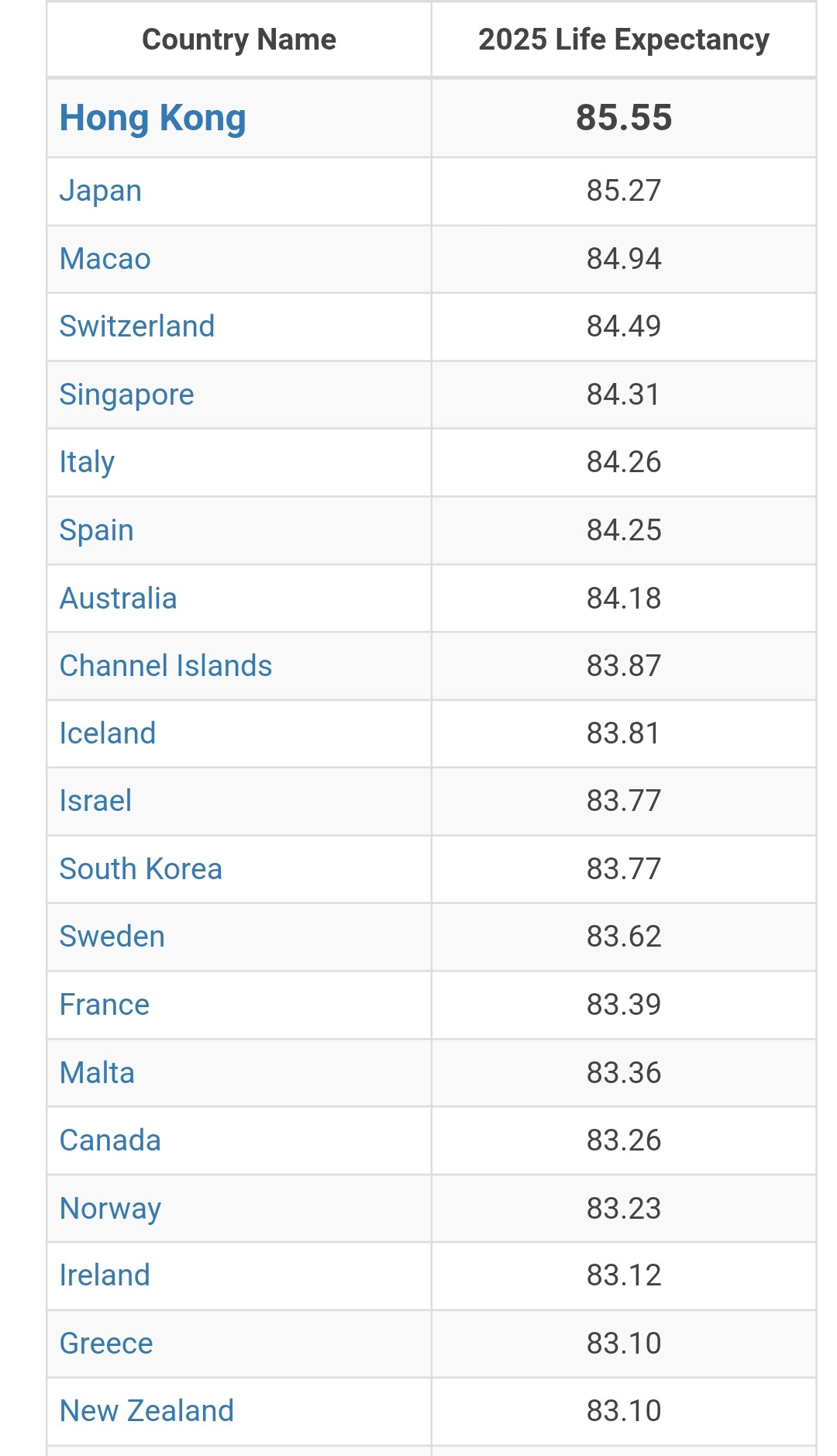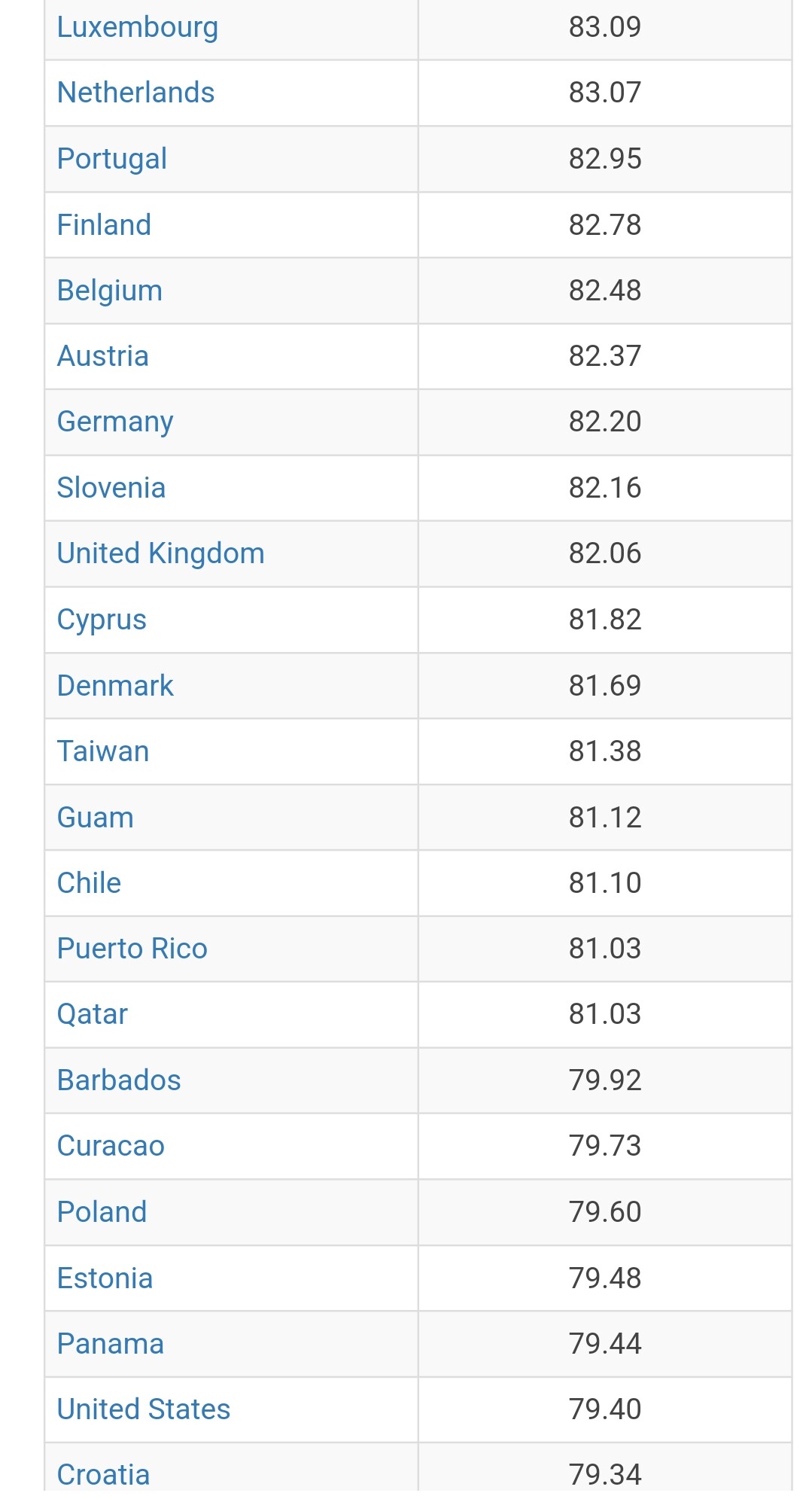The problem:
Exercise appears to slow ageing, extending average lifespan and delaying the onset of age-related diseases. Olympic athletes train exceptionally hard, often from a young age, so they make an interesting group to study. In this study, researchers wanted to investigate the relationship between such intense long term exercise training and ageing in more detail, including how different types of Olympic athletes compare to each other.
To do this, they used multiple epigenetic clocks. These are algorithms that estimate someone’s age based on DNA methylation (chemical modifications that affect how the genetic code is read but without altering the code itself). If someone’s epigenetic age is estimated to be lower than their actual (chronological) age, this suggests that they may be ageing more slowly than average.
The discovery:
The researchers looked at DNA methylation data from 59 Hungarian Olympic gold medallists, 49 of whom were male, and compared them to 329 controls. 205 of those controls were master rowers (participants in the World Rowing Masters Regatta) while the remainder were healthy but untrained. The average (mean) age of the Olympians was 53 and 52 for males and females respectively, while for the controls it was 58 and 60.
After adjusting for the fact that controls were older on average, they found that in each gender, half or more of the clocks used showed no statistically significant difference in epigenetic age between olympic medallists and controls, while two clocks (SkinBlood and PhenoAge in males, SkinBlood and Hannum in females) showed a statistically significant slowing of epigenetic ageing. They also predicted longer telomere length in Olympic medallists compared to non-medallists, which could be indicative of slower ageing.
Read the full article:

